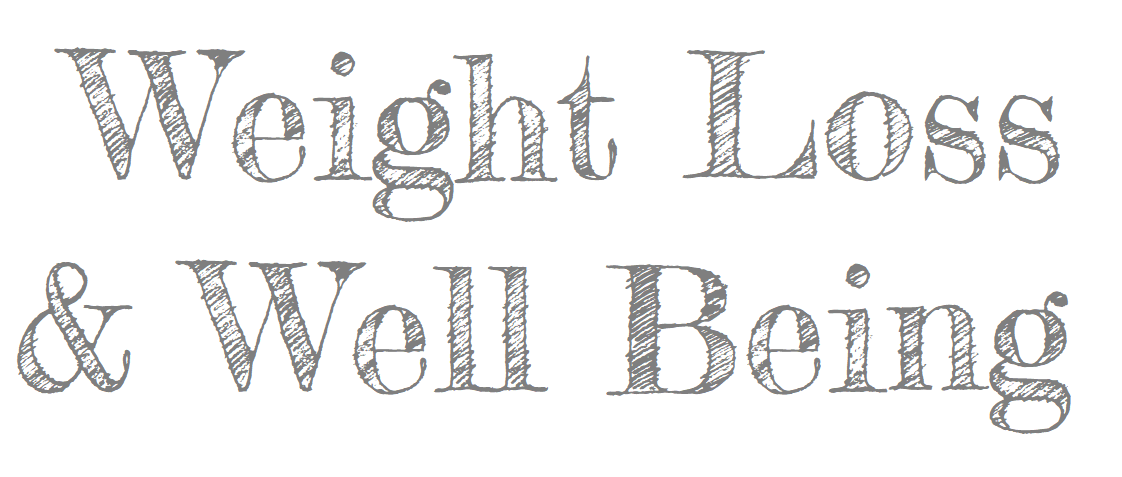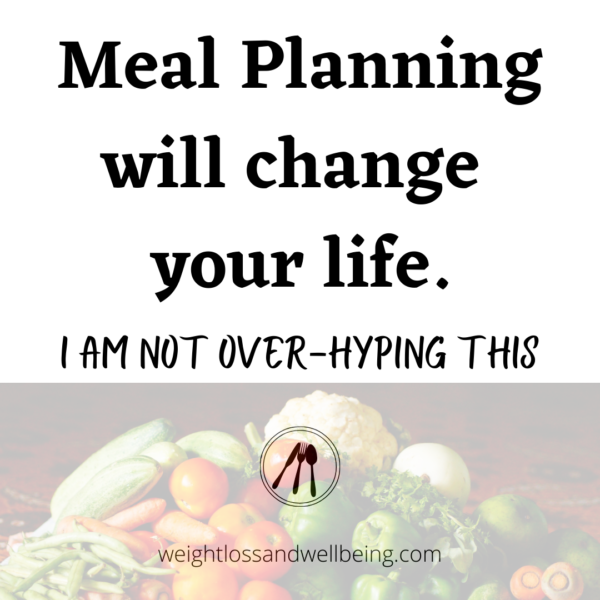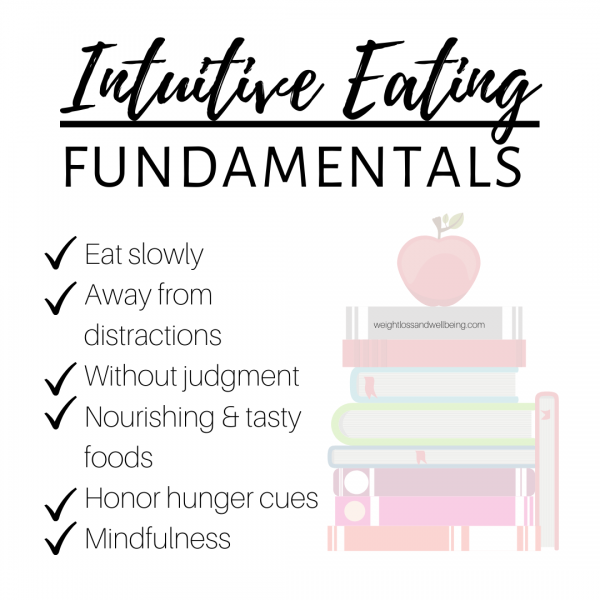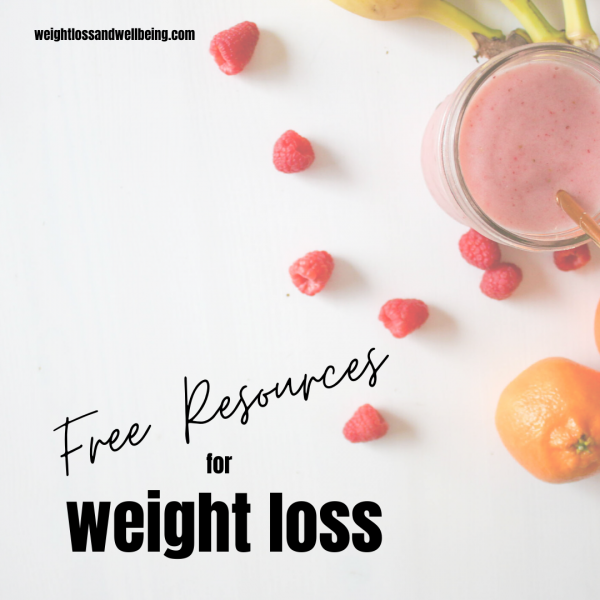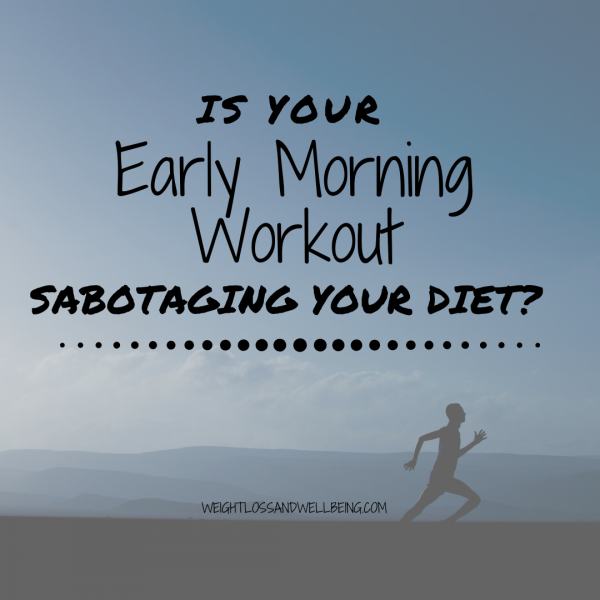Should you eat breakfast or skip breakfast for weight loss? Let’s look at the benefits and negatives to each, so you can make the best decision for yourself.
Throughout my childhood, I adamantly avoided breakfast. I loved breakfast food, but would not eat early in the morning. I valued my sleep far more than finding something to eat before school.
Teachers and my parents constantly told us we should be eating breakfast. And they really started to push the narrative around standardized testing time.
I had one teacher go so far as to tell us to eat a turkey sandwich in the morning. (He claimed it was the healthiest option, but I digress.)
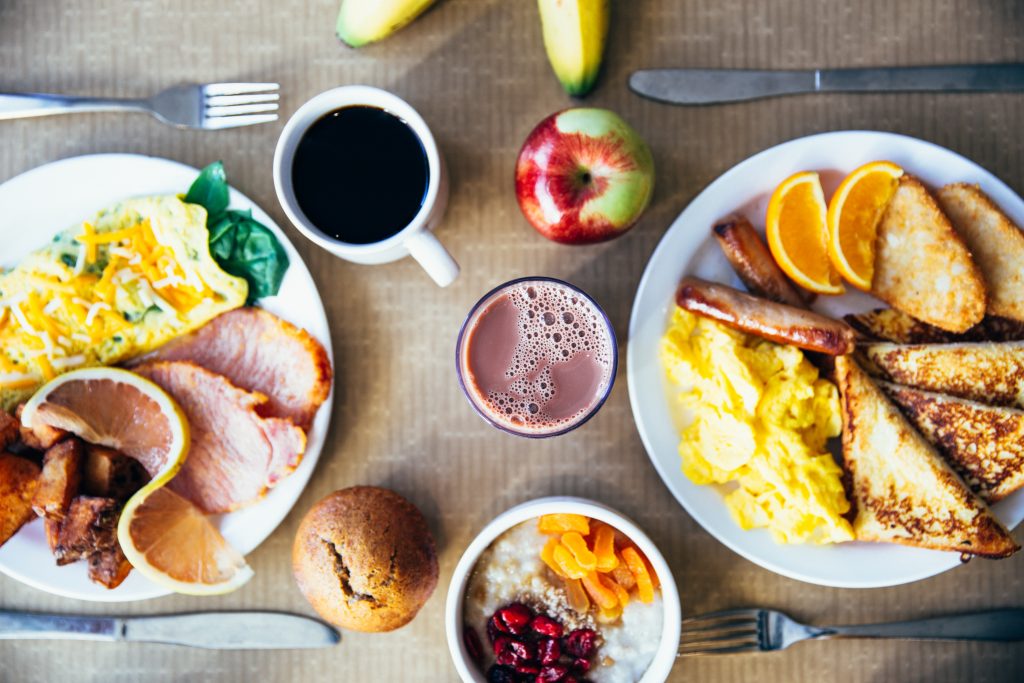
No matter how much they told us we would perform better, feel better, and do better, I still didn’t eat breakfast. And when I did eat breakfast, odds are I felt worse or nauseated after doing so.
Breakfast for weight loss
It wasn’t until I was in my mid-twenties when things suddenly, and rapidly changed. I started getting up early with my fiance. And while he drove to work, I walked on the treadmill. By the time I got to work three hours later I was absolutely famished. So I started taking the time to cook a chicken breast before work. (Don’t ask me why, it was what seemed most satisfying.)

This slowly changed from eating a chicken breast, to prepping brussel sprouts and scrambled eggs, to breakfast sandwiches. And now, to full blown breakfasts prepared in advance to ensure myself and my fiance have something delicious and filling to eat upon getting to work. (Thankfully, not so early now).
Ultimately, eating breakfast has changed my life. I am more capable, awake, and able to regulate my mood and patience after eating breakfast.
The upset stomach after eating early has completely disappeared In fact, it disappeared the first week of consistently eating breakfast. And now I wake up hungry and ready to eat.
I do tend to prefer savory breakfasts, and only rarely go for something sweet. Even though most people default to a sweet pastries, cereals, and yogurts. So if you’re having trouble finding something appetizing, try going for something savory instead of sweet.
After all this time hearing that you should eat breakfast for weight loss, why is every #fitspo and influencer on social media crowing on about skipping breakfast and fasting till noon? What changed? Well let’s talking about why they are fasting and what’s better, to eat breakfast or not to eat breakfast.
Skipping Breakfast (aka Intermittent Fasting)
This whole concept of skipping breakfast is formally referred to as Intermittent Fasting. Research is starting to show countless benefits of “fasting.” You can eat breakfast while intermittent fasting, as your fasting window can just end earlier in the day.
The definition of fasting is to not consume anything that requires digestion (this includes things like coffee or tea which contain compounds like caffeine that your body does “digest.” A true fast is where you only consume water.

Products that say you can consume them on a fast, fasting with food, or any other products are selling you lies. You are not fasting if you are consuming anything other than water.
However, giving your digestion a solid 12 hours of fasting has some amazing benefits. Dr. Satchidananda Panda has dived deep into the science behind fasting and what it can do for our bodies. When we fast, our bodies are able to focus all that energy normally sucked up by our digestive tract and put it into autophagy, which heals and repairs our bodies.
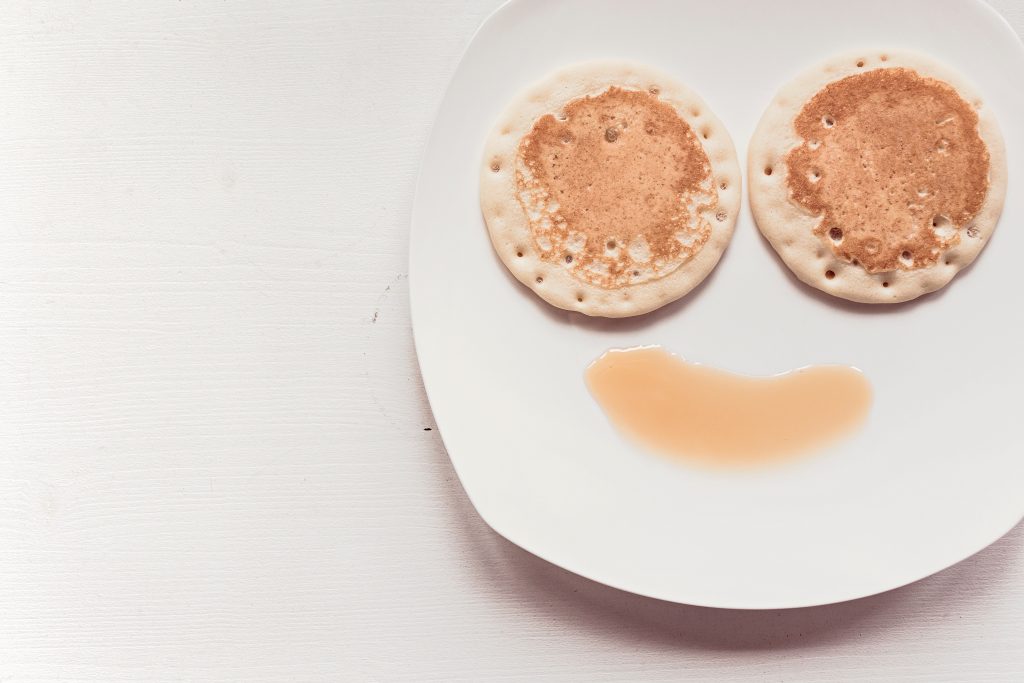
For those suffering from IBS or other digestive issues, you may find serious reprieve giving your stomach the chance to “catch up” and not overwhelm it by constantly forcing food in.
There is also new science showing that our digestive system actually operates along a circadian rhythm. For a more in depth look at intermittent fasting and its benefits check out our post: Intermittent Fasting Benefits for Health.
Positives of Skipping Breakfast
Well, let’s face it skipping breakfast is definitely the quicker and easier option. You don’t have to worry about preparing or packing something to eat, or make time to scarf something before heading out the door.
It is also easier to stay in a calorie deficit when you are cutting an entire meal out of the equation. Focusing on two meals and a snack later in the day, can help you keep your calories down. And some actually notice more energy in the mornings without eating, than if they do.
Personally, I find the opposite, I need some fuel in the tank to get going in the mornings. And for those who workout in the morning, doing so fasted may be easier than after eating something. I definitely prefer fasted cardio in the mornings as opposed to having something in my stomach and most likely getting a stitch or feeling heavy.
Negatives of Skipping Breakfast
While there are some great positives, there are also some very serious negatives to consider. If you are fasting for the morning, the deprivation and hunger could cause binge eating and/or overeating later in the day. You might find yourself overeating at lunch to compensate for the morning fast. If so, fasting is not for you, at least at this time.
Some (like me) really need some fuel to get their body going in the morning. For those with challenging jobs or physically demanding jobs, prioritizing a filling breakfast can be very helpful to productivity and performance.

Some also notice lower energy levels in the morning, and then find their energy spikes and ebbs throughout the day as they eat. And for those that put in serious work at the gym, it may be hard to get going and give your all if you haven’t eaten beforehand.
Eating Breakfast Benefits
Positives: You have something to kick start your energy for the day, making you feel and perform better. You are a lot better able to regulate your mood and patience when you have energy and aren’t distracted with hunger.

It is also easier to control hunger later in the day, if you have been satisfied since waking up. You are much less likely to overeat or feel starving at your other meals during the day.
And because of that, you are better at choosing healthy and nutritious options. Instead of being famished and grabbing the easiest or most appetizing sounding food. And overall, eating in the morning will prevent you from focusing on food throughout your day.
Negatives of Eating Breakfast
One of the few negatives to eating breakfast is that it does add a meal to your calorie count. Which can make achieving a deficit a little harder than if you skipped it.
But not impossible, just make sure to make your meals a little smaller, and add some veggies for volume. Eating breakfast also takes time, or preparation to ensure you have a healthy option to grab and go.
And the last negative is that it can shorten your fasting window. Based on the research a 12 hour fast is the minimum to receive fasting benefits. If you eat breakfast at 8 am, that means you can eat until 8 pm to achieve a 12 hour fast window.
But if you are shooting for a longer fast like 14-16 hours, eating breakfast will force you to start your fast earlier in the evening.
So you can eat breakfast for weight loss. Make sure to try different schedules until you find one that works both for your hunger and your daily schedule. Food should fit into your life, not cause you to work your life around it.

